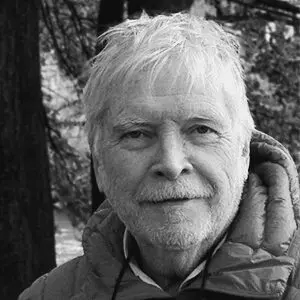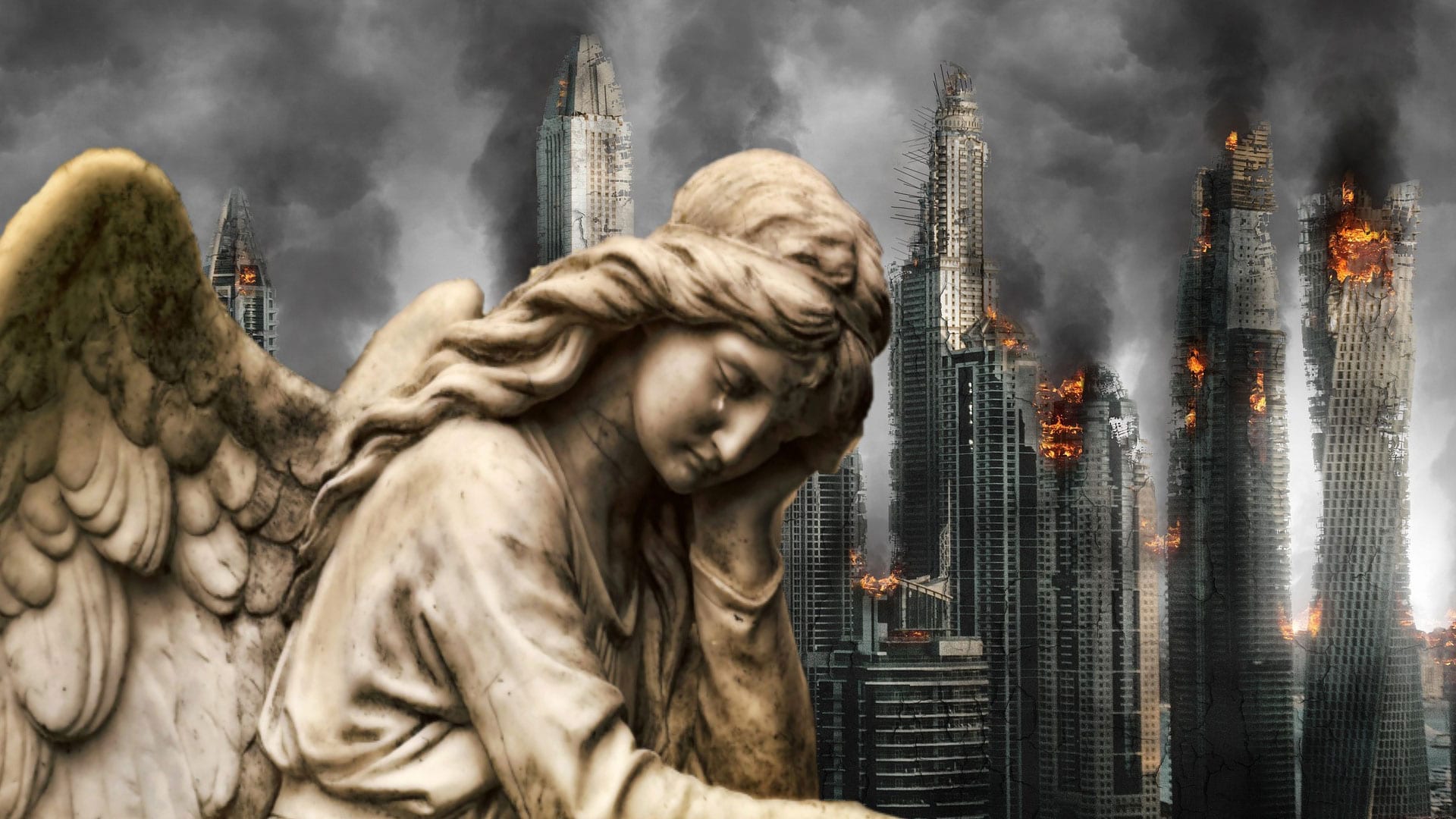

This is the ninth blog post in the series Sixteen Psychological Reflections on COVID-19 by Robert Romanyshyn
How are we framing this pandemic? Some compare it to a war, or more specifically to WWII. Some use as their measure the seasonal flu or the 1918 Spanish flu. Such comparisons, however, carry with them not only the belief this crisis will pass as did the others, but they also engender the idea that we will be able to carry on as usual once the crisis has passed.
But suppose, for a moment, that this time there are no such comforting measures, and, there being none, having to face this possibility: that this pandemic is the end of the world as we have come to know it.
Imagining into this space calls for an entirely different measure, one that brings to mind the collapse of world views. Such historical measures like the fall of the Roman-Greco classical world in the fifth century, which had lasted more than a thousand years, or the medieval Christian world that followed it and ended after a thousand years, are pivots when the very foundations of a way of living fall away. Think of Galileo looking at the moon in 1609 through his primitive telescope and seeing the supposed perfection of the heavens to be corrupted like the earth. Or even earlier than Galileo, when the golden dome of heaven visible on the artist’s canvas began in the 15th century to be replaced by the blue sky, erasing the differences between the sacred and the profane.
Were there some who felt the ground of their familiar world view shaking beneath their feet, while perhaps most went about their daily round as usual?
Is the ground of the world as we know it giving way?
Before we leap ahead too quickly to return to the world as we have known it, we need to attend to what is ending if we are not to repeat those practices that have unleased COVID-19. We need to attend to the ground of those belief systems that have made us so distant from nature and stay with the grief of this ending, allowing our sorrow to sow seeds of a new beginning.
Arundhati Roy, master story-teller, says it this way:
“Historically, pandemics have forced humans to break with the past and imagine their world anew. This one is no different. It is a portal, a gateway between one world and the next. We can choose to walk through it, dragging the carcasses of our prejudice and hatred, our avarice, our data banks, and dead ideas, our dead rivers and smoky skies behind us. Or we can walk through lightly, with little luggage, ready to imagine another world. And ready to fight for it.”
The grieving process is a first step, a necessary step, in imagining a new world!
Enjoy all the essays in the series Sixteen Psychological Reflections on COVID-19.
You might also enjoy Robert Romanyshyn’s course Reflections on Ecology and Soul. In this course, Robert takes us on a journey into the depths of the soul of the world and into those places where nature, psyche, technology, and humans meet.

Robert Romanyshyn
Robert D. Romanyshyn is an Emeritus Professor of Clinical Psychology at Pacifica Graduate Institute, an Affiliate Member of The Inter-Regional Society of Jungian Analysts, and a Fellow of the Dallas Institute of Humanities and Culture. He is also a Core Faculty Member at Jung Platform.
More Posts by Robert Romanyshyn5 Comments
Join the discussion and tell us your opinion.
Comments are closed.
A fine cautionary tale, Robert, to see the pandemic in a historical context. The fantasy of going back to how things were is naïve and based on fear. The riots on the capital were fear-based, fear that the white world order was threatened. Yes, violence as the way to stop it is the primitive response and only exacerbates the world’s shifting nature. I heard Michael Meade in a course I took recently; he said that our return is in front of us, not behind us. That world behind us is no more, but shards of it will be put back in place. Seismic changes like Galileo’s and now ours are indicators that the old myth, or parts of it, need retirement more than we do. Retiring parts of the old is one of the healthiest movements we can make.
Nicely done.
Thank you for the good work you do. A great professor. I am privileged to have met you. Connie Buck
Thank you, Robert Romanyshyn, for this provocative essay, which inspires me to hope, even in the face of my own despair about the possibility that this pandemic might be “the end of this world as we have come to know it.” — it is somehow a little comforting to consider this pandemic as “a gateway between one world and the next.” — at my age of ninety, I dearly hope and pray that it will be a “threshold of beginnings and endings” for the future of humankind. Thank you.
Thank you- I really enjoyed the provocation for a mindset shift.
There are some shifts that people who work in the humanities/ psychologies/ coaching/ sustainability worlds have been working towards with hope.
I would love to hear from people in those worlds what they think/ imagine the actual shifts *might be* if this is indeed a fundamental change in way of being.
It’s imagining but would be interesting scenario imagining……
Dr. Romanyshyn: miss your teachings. life was too fast before the pandemic. no time to breathe and be. the slowing is a gift of time, at least for me. definitely a new horizon (wizard of oz) ~ as Dorothy stepped out from her gray, fallen house, into a land of brilliant color.